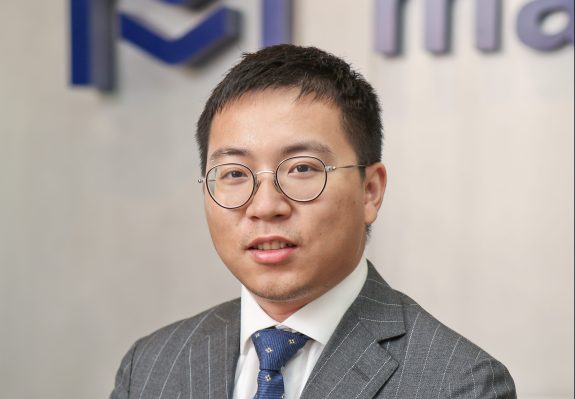Bitmain co-founder welcomes crypto regulation to restore market confidence – TechCrunch

The collapse of Three Arrow Capital and the counterparties wrapped up in the crypto hedge fund’s troubles have raised questions about the soundness of the fierce digital asset investment space. For industry survivors, watching their rivals fall apart overnight has been an alarming experience.
To understand where the industry may be headed after the market turmoil, we spoke to John Ge, CEO of Matrixport, a Singapore-based digital asset manager with over $10 billion in assets under management and custody.
Ge was formerly head of investment and financing as well as a founding partner of Bitmain, the world’s largest producer of Bitcoin mining machines. Together with Bitmain’s co-founder and former CEO Jihan Wu, Ge founded Matrixport in 2018.
Three Arrow Capital, known as 3AC in the crypto community, was one of the world’s largest crypto hedge funds before it fell from grace. Its success was based on a risky strategy: it aggressively borrowed from crypto lenders and in turn invested the money in other crypto projects.
When cryptocurrency prices began plunging earlier this year, the firm, along with other similar outfits betting on rising crypto prices, were unable to repay creditors and plunged into liquidation. The crypto market has lost $1.8 trillion since its peak in November, led by falls in Bitcoin and Ethereum prices.
The recent market crash is “inevitable,” says Ge in an interview with TechCrunch. “The bottom line is that we saw players whose business model is like a black box. They borrow money from investors without providing transparency about how the money will be used.”
The second problem is that these crypto managers act as both player and judge, claims Ge. “Many of them offer both asset management and proprietary trading. An asset manager should not engage in proprietary trading, and if it does, it must follow strict leverage requirements.”
“Even the most conservative investment strategy has risks and can lead to losses, but the principle is to be transparent with your clients, not fraudulent, misleading or deceptive,” says the founder.
Matrixport, which serves individuals as well as over 500 institutions across Asia, Europe and North America, was exposed to 3AC and has filed a claim with other creditors. But Ge assures that the firm’s exposure is “relatively small” compared to the exposure other industry players face and is considered “minor” compared to Matrixport’s equity.
As for how to restore investor confidence in the cryptosphere, Ge believes regulators are on the right track to bring more oversight over consumer-facing crypto products and protections for retail investors, as is the case in Singapore.
But it is “unrealistic” to allow regulators to design risk control models for institutionally focused asset managers. “The pace of regulation tends to lag behind the pace of industry development.”
Ge believes investors have “lost a certain level of confidence” in the crypto market and the industry will take time to recover. On the other hand, he believes the competition has slowed for survivors like Matrixport because “a lot of the other players are gone.”
Matrixport told Bloomberg last year that it planned to go public in three to five years, and Ge said the plan “hasn’t changed.” It is too early to say which market the company floats its shares, but the US is a “likely” option given investors where it is more “welcoming to crypto innovation.”


